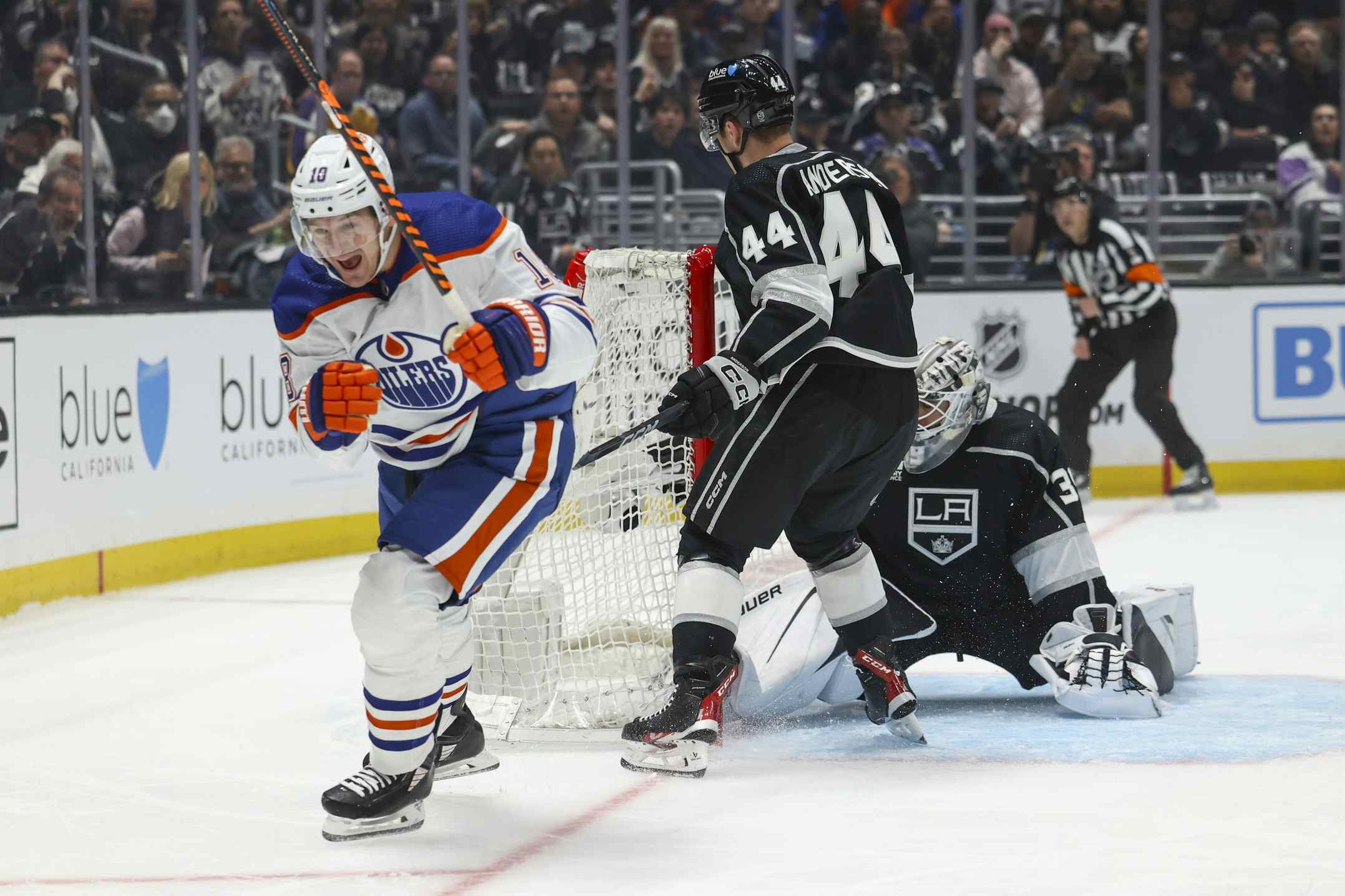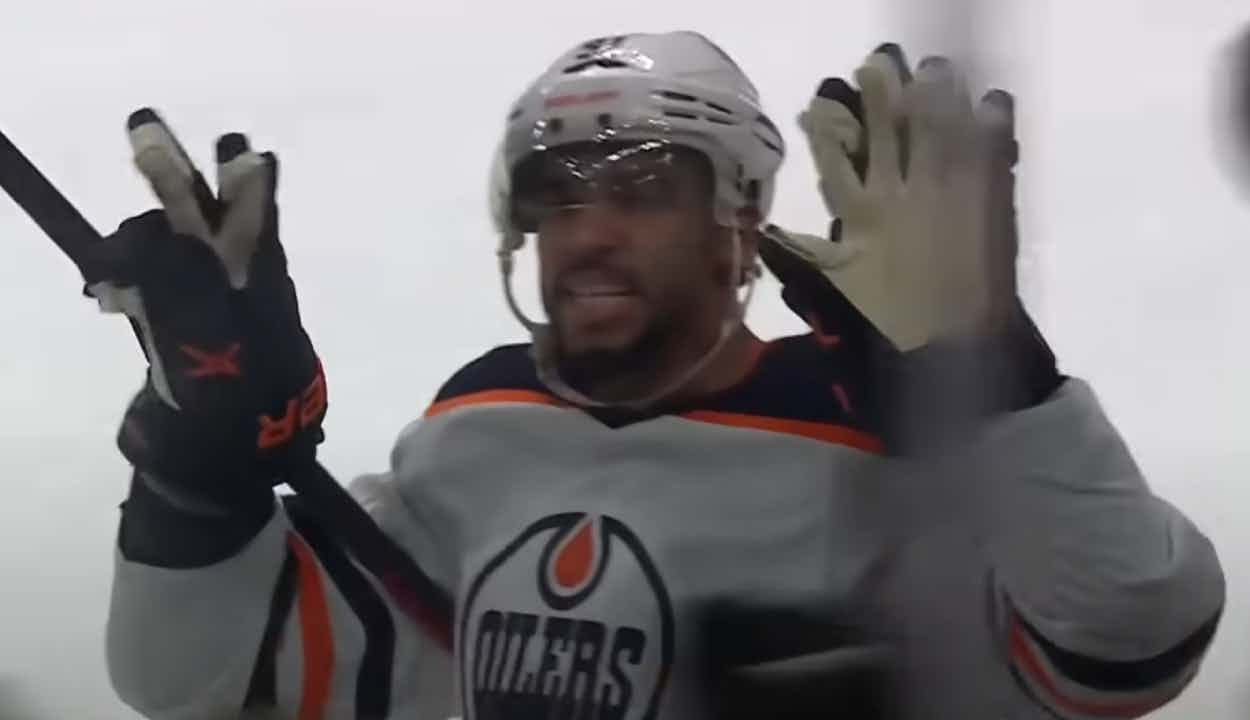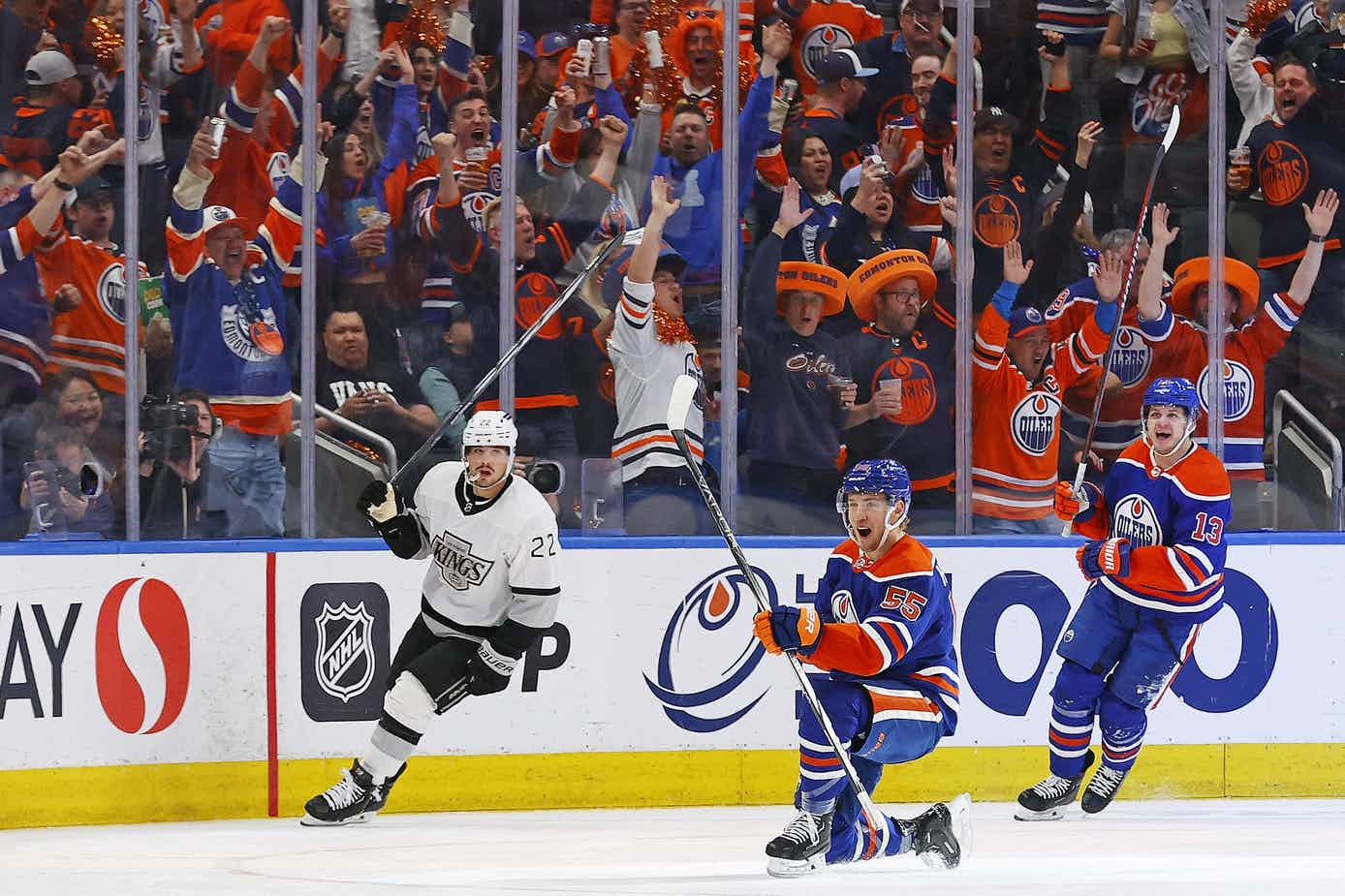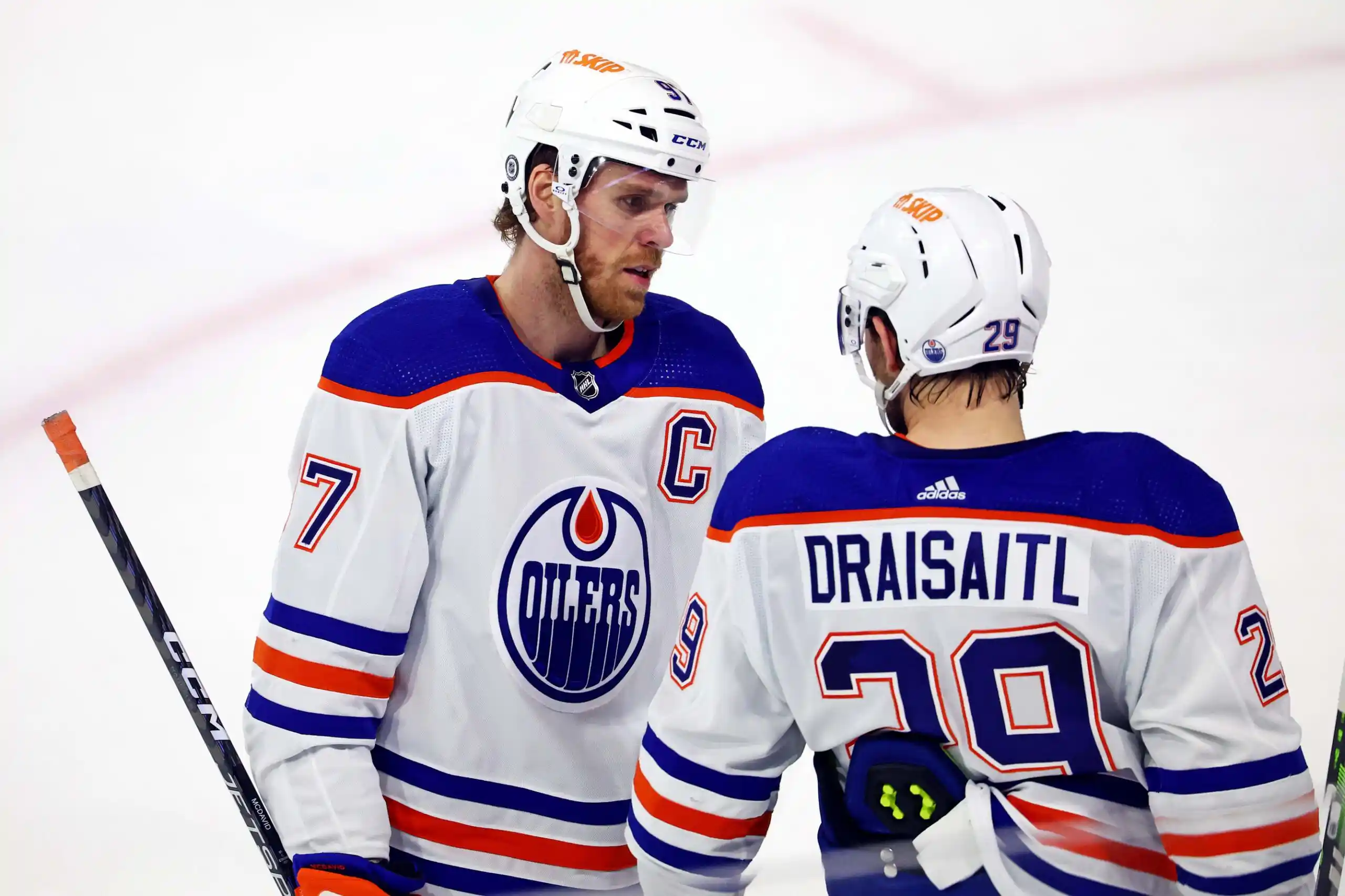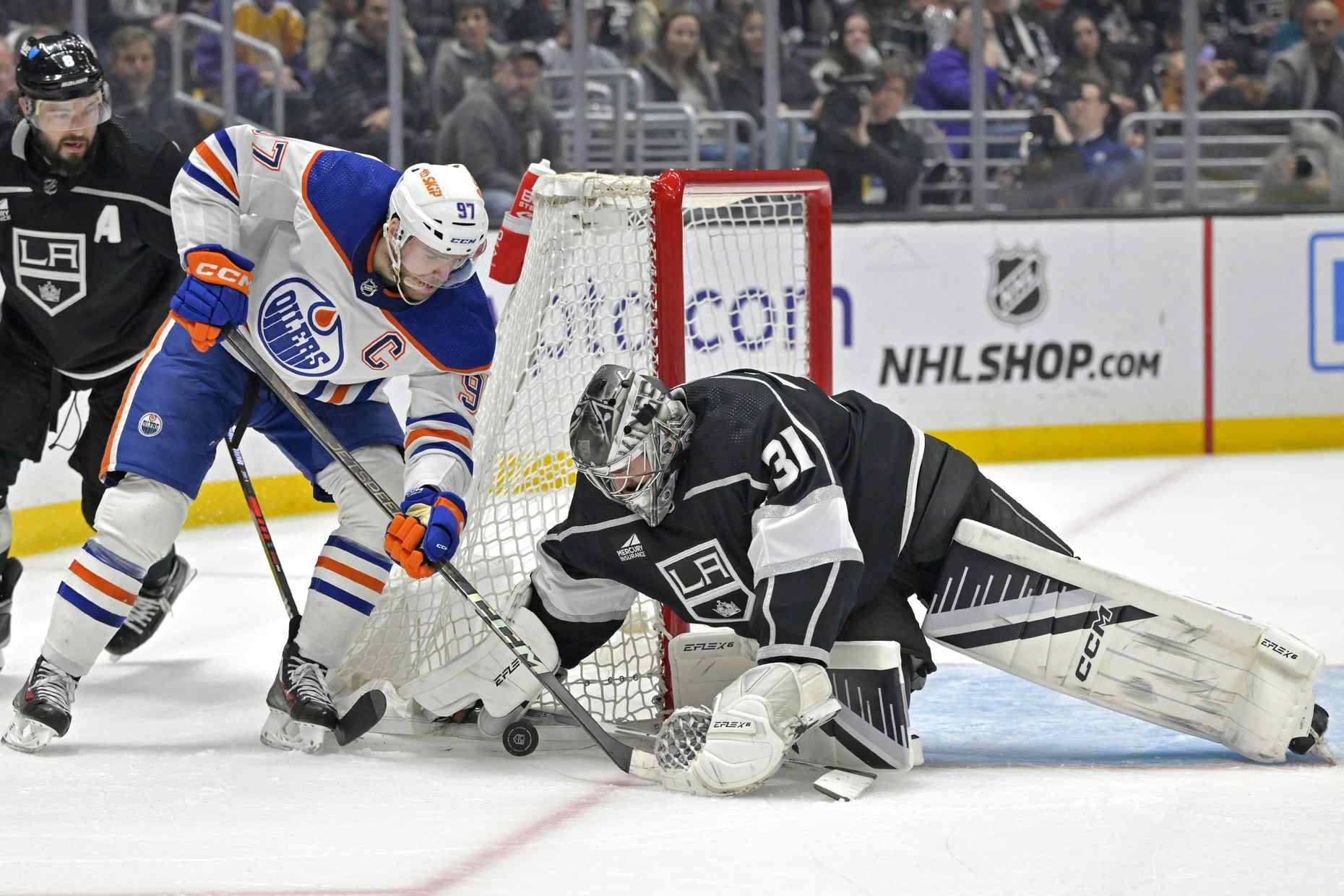The Bigger Problem With Jones
Ryan Jones is coming off the finest season to date in his NHL career, one that landed him a two-year extension with the Edmonton Oilers. Still, questions about that season – and whether he can repeat it – abound.
I really enjoyed reading Robin Brownlee’s article on Ryan Jones and shooting percentage. Firstly, because Brownlee frames the issue well and gets some nice, relevant quotes from Jones, and secondly because Jones always comes across as the kind of guy it is difficult not to cheer for. How can anyone dislike a guy who responds to the precarious nature of his roster spot by using it as motivation to work that much harder?
Still, I did want to talk a little bit more about Jones’ game. Brownlee quite reasonably identifies shooting percentage as an area of some concern, and notes that Jones wasn’t really way outside the norm last season – slightly above his career average, but not to the point that it was responsible for all of his success. (Tyler Dellow has a little more on that, and it’s worth reading) There is one other thing, though, that troubles me more than Jones’ shooting percentage.
The first item is his performance in terms of scoring chances. The writers over at Copper & Blue did a nice job of gathering the scoring chance data recorded by Dennis King, and interpreting it for each player. Their write-up on Jones is here. I’d like to make a pair of points:
Jones ranked dead last among Oilers players in scoring chance differential – meaning that no other player on the team was on the ice for a greater percentage of opposition scoring chances. On a team that boasted Jean-Francois Jacques as a regular, that’s a damning statement.
The with-or-without (WOWY) numbers show the impact Jones had on his linemates – regular partners like Cogliano, Fraser and Gagner fared much better playing without him than with him.
That’s a problem, and one that I think matches up with what we saw from Jones on the ice last season. The puck simply spent too much time in the defensive zone and not enough time in the offensive zone while Jones was on the ice, and the fact that virtually every player on the team improved away from Jones makes it seem highly probable that he was the problem.
To his credit, Jones told Brownlee that he needs to be more reliable in the defensive zone. I’m cautiously optimistic that he can live up to that goal – the Nashville Predators are a team that take defensive responsibility seriously, and while Jones was eventually waived by that club he was a pretty serviceable depth winger during his time there. The facts that he knows his role and has filled it before elsewhere are positives. Still, it’s a steep hill to climb.
Recent articles from Jonathan Willis

